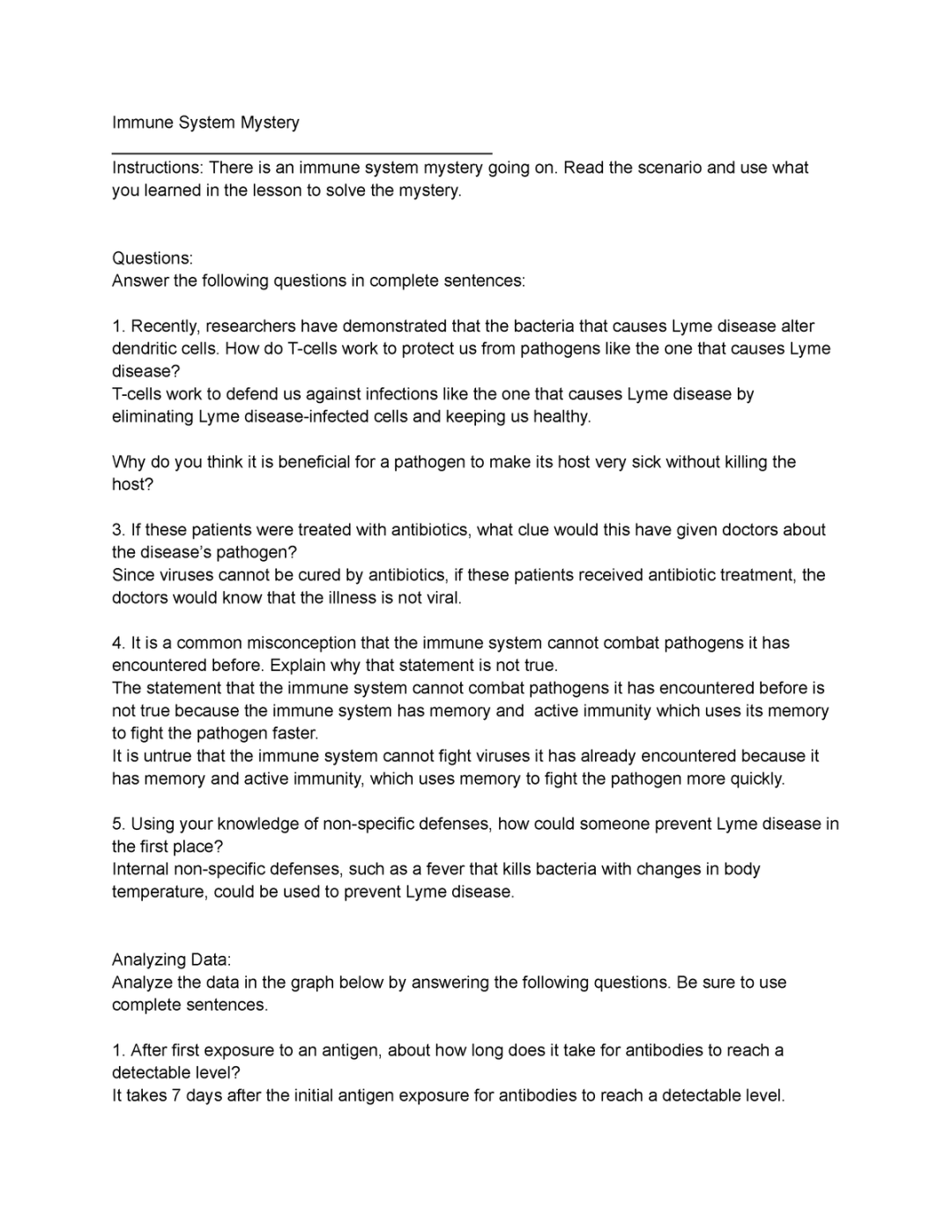The saying “eat the rainbow” isn’t just a catchy phrase; it’s a sound nutritional strategy. Each hue of produce contains unique nutrients that contribute to a robust immune system. Let’s delve into the vibrant world of fruits and vegetables and discover how they can fortify your body’s defenses.
Red: Tomatoes, cherries, raspberries, and strawberries are rich in lycopene, an antioxidant linked to a reduced risk of chronic diseases, including heart disease and cancer. Lycopene also helps protect cells from damage caused by free radicals, which can weaken the immune system.
Orange: Oranges, carrots, sweet potatoes, and pumpkin are packed with beta-carotene, a precursor to vitamin A. Vitamin A is essential for maintaining healthy mucous membranes, which act as a first line of defense against infections. It also supports the production of white blood cells, the immune system’s soldiers.

Yellow: Bananas, lemons, and pineapples are excellent sources of vitamin C, a potent antioxidant that helps boost the production of white blood cells. Vitamin C is also crucial for wound healing and iron absorption, both of which are vital for a strong immune system.
Green: Spinach, kale, broccoli, and avocado are loaded with vitamins, minerals, and antioxidants. These leafy greens contain high amounts of vitamin K, which plays a role in blood clotting and bone health. They also provide fiber, which supports a healthy gut microbiome, a key component of a strong immune system.
Blue/Purple: Blueberries, grapes, and eggplant are rich in anthocyanins, a type of flavonoid that has potent antioxidant properties. Anthocyanins can help protect cells from damage and may also have anti-inflammatory effects, which can benefit the immune system.
White: Mushrooms, cauliflower, and onions are excellent sources of vitamin D, a nutrient that helps regulate the immune system. Vitamin D is essential for the production of white blood cells and can also help reduce inflammation.
How to Incorporate More Fruits and Vegetables into Your Diet:
Start your day with a smoothie: Blend a variety of fruits and vegetables with a liquid base like water, milk, or yogurt for a quick and nutritious breakfast.
By incorporating a rainbow of fruits and vegetables into your diet, you can provide your body with the essential nutrients it needs to fight off infections and maintain a strong immune system. So, let’s embrace the vibrant colors of nature and nourish our bodies from the inside out!
Sleep is more than just a nightly recharge. It’s a crucial component of a robust immune system. When you’re well-rested, your body has the opportunity to repair, rejuvenate, and produce essential immune cells.
Why is sleep so important for immunity?
Immune cell production: During sleep, your body ramps up the production of white blood cells, the soldiers of your immune system. These cells are crucial for fighting off infections and diseases.
How much sleep do you need?
Most adults need around 7-9 hours of sleep per night. However, individual needs may vary. If you find yourself feeling tired during the day, it’s a sign that you might need more sleep.
Tips for improving sleep:
Create a relaxing bedtime routine: Establish a consistent bedtime routine to signal to your body that it’s time to wind down. This might include taking a warm bath, reading a book, or practicing relaxation techniques like meditation or deep breathing.
Beyond just fighting off infections, a strong immune system is essential for overall health and well-being. By prioritizing sleep, you’re not only boosting your immunity but also improving your mood, energy levels, and overall quality of life. So, make sleep a top priority and reap the benefits of a stronger, healthier you.
 Udento Lifestyle & Health
Udento Lifestyle & Health




